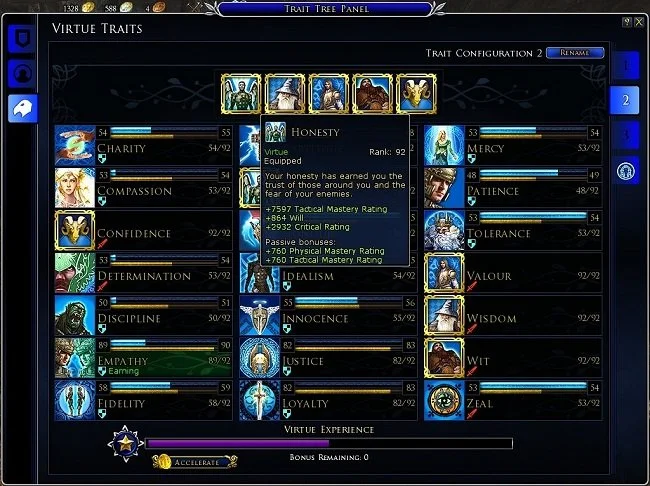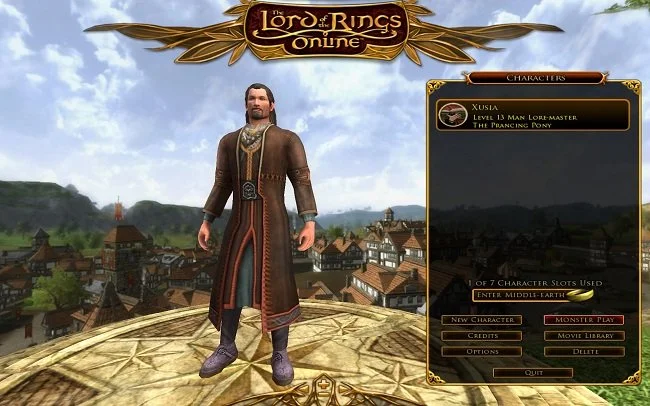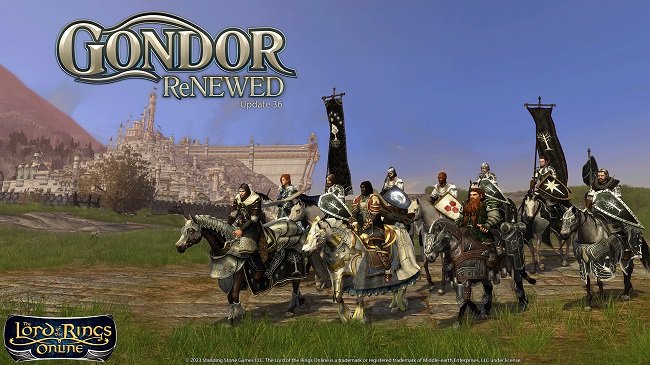Same Meat, Different Gravy
This is in fact Yorkshire Pudding with gravy, rather than meat but the analogy still stands…
Seeing Raph Koster back in the gaming news headlines has proven a timely reminder that no matter how things change, they remain the same. The video games industry has moved on in many ways with regard to technology and now enjoys mainstream appeal. However there are also areas where virtually no progress has been made. Hence Mr Koster’s protestations that the MMO genre has not yet reached its full potential. I started blogging about MMOs and other games around 15 years ago. I have an archive of my previous posts and spent some time recently looking at material I wrote back in 2007 and 2008. The subjects ranged from bad game launches, broken mechanics, staff redundancies, questionable business models, poor community relations and that perennial favourite, toxic communities. Many of which were written from the perspective of someone who was very invested in the genre and who had a degree of optimism for the future. Silly me to quote Paul Chuckle.
If you peruse any of the major video game news websites today, you’ll find that there’s still plenty of issues with bad game launches, broken mechanics, staff redundancies, questionable business models, poor community relations and asshole gamers. In fact the growth of social media has in some ways magnified these problems, bringing them to a wider audience’s attention, therefore intensifying any argument that may stem from them. The bottom line is its 2021 and nothing much appears to have changed. Magic Legends has had a broken soft launch. Outriders has had server issues. Dare I mention Cyberpunk 2077? Warzone continuously has to patch content that the previous patch has broken. Activision-Blizzard just made 190 staff redundant while their CEO got a $200 million bonus. Standing Stone Games have to be put in a virtual half nelson to talk to their customers. And just like a rat, you’re never more than six feet away from a douchebag gamer.
“Boo”…
So why haven’t some things changed? Why are the usual suspects still pulling the same old shit? Why haven’t we reached the gaming “promised land”? Well there are numerous contributory factors that have led to the current outcome but perhaps the two biggest of these are the way capitalism functions and how consumers respond to this. Contrary to what some may believe, capitalism isn’t about giving consumers what they want but maintaining a financial status quo. The video game industry’s raison d'être is to make money for the shareholders and executive staff. The creation of a video game that is fit for purpose is a secondary consideration. And a large percentage of consumers continuously enable the worst practises of the big publishers. Buying into damaging business practises such as pre-order culture, early access, soft launches, road maps and live services. Like Joseph de Maistre’s quote about getting the government we deserve, the same can be said about triple A games.
“Yay” etc.
Logically, it is not all doom and gloom. There are smaller game developers who have business relationships with less predatory publishers and between them good quality games are produced and sold. But not everyone has exposure to such products and companies. All too often it’s the wealthiest companies that have the biggest reach and thus dominate the market, despite selling flawed, broken and incomplete products. I may no longer be buying such games but I’m just one person. Sales data in the public domain shows that lots of other people are. Therefore, despite a growing degree of consumer pushback, I don’t think a critical mass is anywhere near being yet reached, which is why I don’t expect an industry wide sea change anytime soon. Hence I wouldn’t be at all surprised to find Mr. Koster is still evangelising the same ideas and concepts, a decade from now and that the MMO genre still hasn’t met its full potential. The only thing I am certain about is that Bobby Kotick will still be raking it in.




























